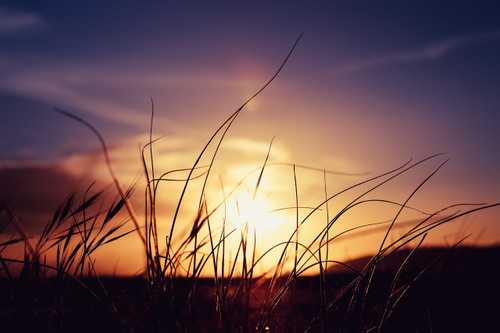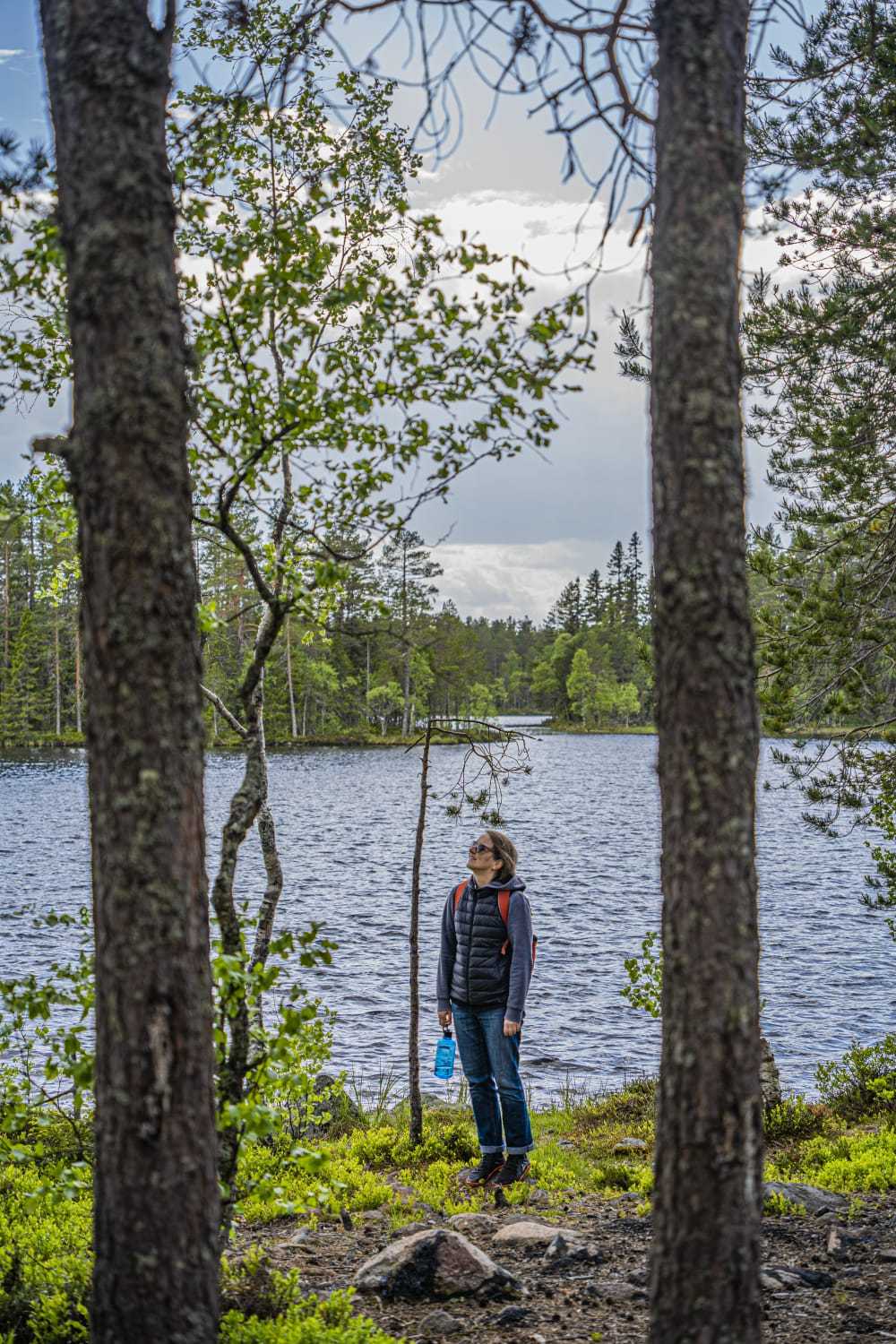
Less Is More: How Degrowth Will Save the World
Before diving into degrowth, economic anthropologist and author Jason Hickel previously researched the gap between the Global South and Global North for his book, The Divide: A Brief Guide to Global Inequality and Its Solutions. As such, he comes to the (global) discussion table with an understanding of inequality, a solution-seeking mindset, the imagination of an optimist, and the practical answers of a realist. It can seem impossible just to divert the “Juggernaut”, yet Hickel is ready to tackle the economic systems which are so deeply rooted in our societies.

Two years ago, he has released a new book, Less Is More, which was finished during the 2020 lockdown – a time of reflection on how, during crises, we come to appreciate which jobs are essential and prioritise accordingly.
Though not a new concept, degrowth, the subject of the book, was first coined in the 1970s by a group of intellectuals in France, and has been ever since circulating among academics and environmental activists. Less Is More – a digestible read aimed at a broader audience – has caused the term to gain ground, becoming used more frequently in debates about solutions to our global ecological and climate crises.
However, in mainstream media, where growth remains the word du jour, degrowth is deliberately misunderstood as equating to diminishment or reduction. In fact, degrowth is about allowing underdeveloped countries to grow, partly by having the developed ones alone reduce unnecessary production and consumption, meaning that the Earth’s capacities are not exceeded. Further layers can be discovered by reading the book!
In many respects Less Is More feels like a continuation of Small Is Beautiful: A Study of Economics as If People Mattered, a collection of essays published by economist E.F. Schumacher in 1973. As an anthropologist, Hickel underlines what we all should know by now (or intuitively feel): if life on this planet is to continue, then ‘the world’ must be seen to matter too.
Hickel’s book challenges the mainstream narrative around growth in a polarised global landscape enveloped by polycrisis, maintaining that sense of urgency throughout. He doesn’t go for the green growth scenario as the (only) alternative to the current economic growth-at-all-costs scenario. ‘Economic growth’ has been so much used and abused in the mass media and politics that it has become seen as the only possible reality – maybe because “it sounds so good”.
Considered not as an experiment, or a whim, degrowth becomes a way to move forward (faster). Degrowth is posited as a solution for the well-being of all humans and the biodiversity we depend on. Though it coincides with many of the elements of green growth (renewable energy, regenerative agriculture, etc), this model has the advantage of buying time and slowing down climate breakdown, while maintaining awareness of who suffers the most and who most abuses resources.
This read is ideal for understanding not only degrowth, but also the absurdity of an economic system that preaches infinite growth with little regard for anything but capital. It’s distressing to be reminded how easily we – the inhabitants of a planet with finite resources – fell for such an untenable dynamic.
In the book’s introduction, ‘Welcome to the Anthropocene’, Hickle unravels the problems we currently face (biodiversity loss, climate and ecological collapse, climate injustice, etc). This doesn’t provide anything new to readers who are up to date on these issues, but it’s a good resource for strengthening your arguments in any related debates on these topics.
Ultimately, what we call ‘the economy’ is our material relationship with each other and with the rest of the living world. We must ask ourselves: what do we want that relationship to be like? Do we want it to be about domination and extraction? Or do we want it to be about reciprocity and care?
‘More Is Less’, part one of the book, deals with capitalism’s “creation story”, while this section’s final chapter questions the agenda peddled by techno-optimists: ‘Will Technology Save Us?’.
The chapters which dissect capitalism constitute a long series of revelations, at least for those who have always considered their history books to be beyond reproach. The devil is indeed in the details; when Hickel connects the dots between ideologies, philosophers, historic events, and hard facts, it all comes together: a puzzle that was never meant to be finished, revealing ‘honourable’ injustices. The book is full of ‘ah-ha’ moments, meaning you start feeling you were betrayed, only taught the comfortable truths which allow us to believe that the reality we live in is the only one which is possible.
Part two, titled ‘Less Is More’, deals with the ‘Secrets of the Good Life’, ‘Pathways to a Post-Capitalist World’, and the large, essential argument routinely and conveniently avoided in talk of growth: that ‘Everything Is Connected’. Indigenous wisdom is given rightful attention, as is the importance of economic decolonization, and a general holistic approach to prosperity on this planet has priority (“extracting with respect”, for example, is conspicuously lacking from current models of development). Many other topics and ideas are also coherently explored, from passive income, to the reason gross domestic product (GDP) is flawed (in the words of Simon Kuznets, the creator of this metric), its alternatives, cultural re-programming, idleness as sin, planned obsolescence, and the unaccounted-for damage caused by economic growth.
You may not agree with all of the author’s arguments, but approaching his solid insights with an open mind will allow you to join the debate. In the last few years, Hickel has joined numerous public debates which are accessible online, a worthwhile addition to reading Less Is More which will no doubt contribute to a fuller understanding of it.
In part, degrowth is a journey of rediscovery into who we are behind the labels that are slapped onto us by the consumerist society. Taking that journey could allow us to tap into our humanity and reconnect to each other – and to life on this planet – with more understanding, in a way that might bring prosperity and well-being to all.
Featured photo by James Coleman on Unsplash
Earth.fm is a completely free streaming service of 1000+ nature sounds from around the world, offering natural soundscapes and guided meditations for people who wish to listen to nature, relax, and become more connected. Launched in 2022, Earth.fm is a non-profit and a 1% for the Planet Environmental Partner.
Check out our recordings of nature ambience from sound recordists and artists spanning the globe, our thematic playlists of immersive soundscapes and our Wind Is the Original Radio podcast.
You can join the Earth.fm family by signing up for our newsletter of weekly inspiration for your precious ears, or become a member to enjoy the extra Earth.fm features and goodies and support us on our mission.
Subscription fees contribute to growing our library of authentic nature sounds, research into topics like noise pollution and the connection between nature and mental wellbeing, as well as funding grants that support emerging nature sound recordists from underprivileged communities.

